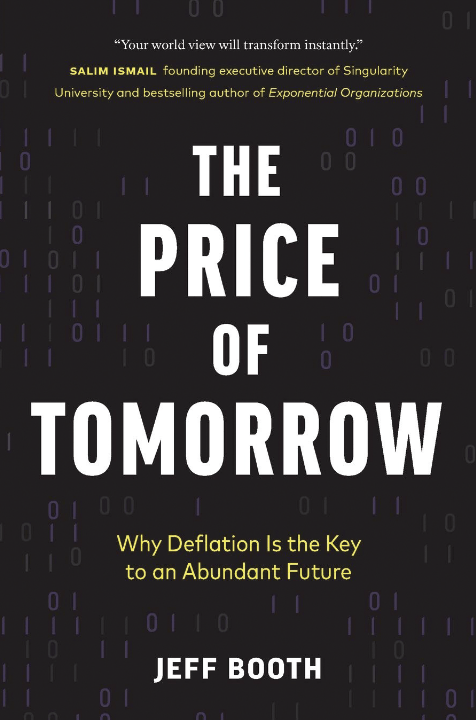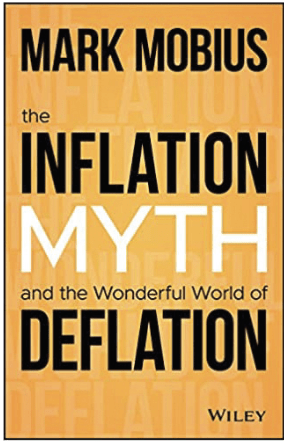The Luckbox Bookshelf
New and not-so-new books that captured our attention this month
Far too often, book reviews drive away readers. But reviews present just one stranger’s view, and taking them to heart leaves great books undiscovered. The Luckbox Bookshelf offers profiles instead of reviews. Don’t look to these pages for opinions. Think of Bookshelf as a place to discover books that educate, entertain and challenge entrenched beliefs.

The Price of Tomorrow: Why Deflation is the Key to an Abundant Future
By Jeff Booth
Jeff Booth, who’s served as CEO of e-commerce and technology companies, addresses two major ideas in his book The Price of Tomorrow: Why Deflation is the Key to an Abundant Future. He believes that technology and price deflation will ultimately cause long-lasting widespread unemployment and that the global economy is held back by a mountain of debt. Technological advances are occurring at such a rapid rate and producing such efficiency and abundance that they are bound to be deflationary, he asserts. He argues that economic systems were built for the world as it existed before the explosion of technology—when economists could count on growth and inflation, labor and capital were inextricably linked, and inefficiency made money. That era is over, and Booth argues that society should acknowledge that reality and fully accept deflation. He advises embracing abundance in an impending age of deflation unlike anything seen before.
Amazon Ranking: #5 in Free Enterprise & Capitalism
The Inflation Myth & the Wonderful World of Deflation

By Mark Mobius
The COVID-19 pandemic sparked speculation that economies might slip into recession, and the world witnessed short-term price fluctuations in stock and bond markets. But investor Mark Mobius’ book The Inflation Myth & the Wonderful World of Deflation focuses on longer-term trends, including the rise and fall of economies and markets. He notes that the pandemic is a small factor in the larger picture. The book describes an ever-changing world where rapid technological innovation leads to better and more affordable products, thus producing a deflationary economy instead of an inflationary one. Mobius makes the argument that everything we think we know about inflation is actually wrong and that Americans should be paying attention to deflation. He maintains that governments manipulate and exploit inflation numbers, explains the difficulty of gathering data to measure inflation accurately, and notes that advances in technology and automation lead to a decrease in the costs of goods and services. Mobius, a founding partner of Mobius Capital Partners with experience in economic research and analysis in emerging markets, offers an original view of inflation and deflation, and he challenges readers to question conventional wisdom.

Predicting the Markets: In Praise of Profits! Topical Study #6
By Edward Yardeni
In this topical study, Edward Yardeni argues that sloppy analysis has misstated the role of corporate profits in economic growth. He focuses his argument on progressives, whom he believes hold an unbalanced view of the problem. Progressives “claim that the profit motive results in income and wealth inequality,” he writes. In his view, that’s not only pessimistic but also wrong. Instead, market-driven profit spawns widespread prosperity. As an entrepreneurial capitalist and a conservative who champions what he views as progress, Yardeni wants to preserve the system because it provides what he considers the best opportunities.









